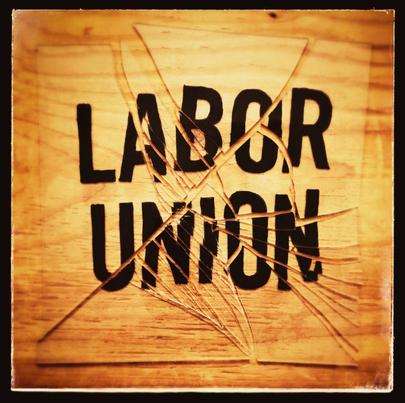
Recent Conflicts Over Right-to-Work Laws
A Wisconsin judge recently overturned the state’s right-to-work law, stating that it creates a situation where unions must pay for services for non-union employees. Though the law will likely be reinstated, it could still have an impact, nationwide.
The current legal battle may go as far as the Wisconsin Supreme Court, where the decision can be reversed. In the meantime, the case has brought to light the concern of “free-riders” in right-to-work states, an issue that could be raised in federal court.
Twenty six states have now adopted right-to-work legislation, and several more states are considering making the move. Some lawmakers are calling for national right-to-work laws, claiming that they create jobs and keep workers from feeling pressured to join unions.
Opponents argue that these laws weaken unions and workers who benefit from them should pay their fair share. Right-to-work states do indeed boast lower wages, which is an attractive selling point for businesses. However, many are concerned that less disposable income for workers can be detrimental to local economies and that jobs will continue to be shipped overseas, despite the right-to-work laws. Workplace injuries and fatality rates are also lower in states with a strong union presence.
Right-to-Work In Illinois
Currently, Illinois is not considered a right-to-work state, and employees in unionized workplaces can be required to pay union dues. Some Illinois lawmakers have proposed right-to-work zones, which they hope will attract businesses and boost the state’s economy.
Should a case like the one in Wisconsin make it to the U.S. Supreme Court, this could change. Any decision made on this level would become the law of the land, meaning that all states would have to follow suit.
How becoming a right-to-work state would affect Illinois employees, and the workers’ compensation system, has not been determined. Both union workers and those in fields not represented by unions are eligible for workers’ compensation benefits, when injured during the course of employment. A Chicago work injury lawyer can provide additional information on workplace injuries and the rights of union workers.






